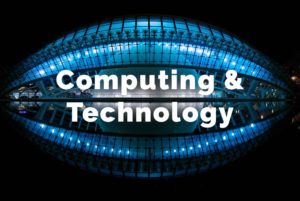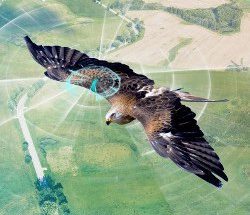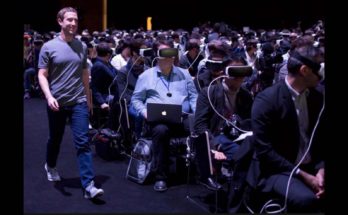Communications of the ACM, April 2019
By Steffen Staab, Susan Halford, Wendy Hall
“For the past decade, Web Science has been building the interdisciplinary expertise to face the challenges and realize the value of this rapidly growing and diversifying Web. This task transcends the work of any single academic discipline. While our universities continue—overwhelmingly—to be organized in siloes established in the 20th century, or much earlier, the Web demands expertise from computer science, sociology, business, mathematics, law, economics, politics, psychology engineering, geography, and more. Web Science exists to integrate knowledge and expertise from across fields, integrating this into systematic, robust, and reliable research that provides an action base for the future of the Web.”
Web Science in Europe: Beyond Boundaries Read More




















